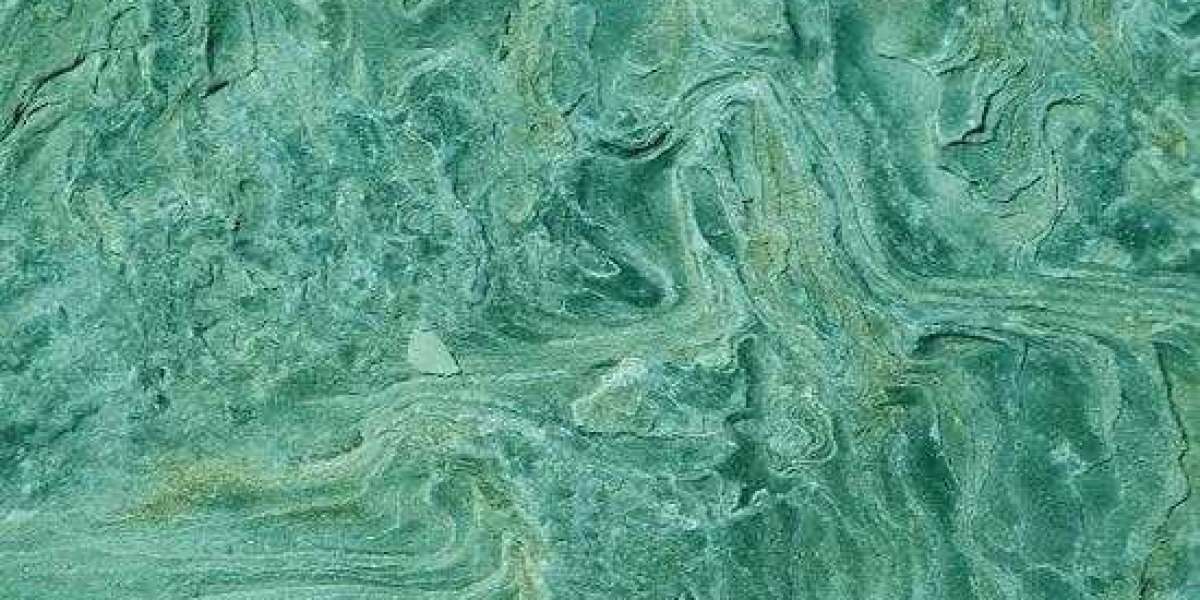Jatropha is among the unusual plants, which has many beneficial active ingredients, advantageous to humanity. This plant contains 25 to 35 percent oil and can be used to produce bio-fuel crop, a means to sustain nature's plant.

In the recent times, advancements in the field of agriculture in the type of ex-vitro plant proliferation have actually shown beneficial to the man kind. Since, jatropha curcas has been discovered beneficial; agriculturists are embracing ex-vitro for jatropha.
In addition to being used as a biodiesel, Jatropha can likewise be utilized to produce excellent quality paper, cosmetics, toothpaste, balm lotions, and cough medicines.

jatropha curcas plant, to be grown naturally, had many imperfections. Firstly the proliferation and transport of the seedlings of Jatropha was expensive and lengthy. The soil in which it grows is low in productivity triggering the plant to decay and have illness and last but not the least, the jatropha curcas plant takes considerable time to adapt itself, to the brand-new environment.
Observing all these difficulties, the farming professionals advocated ex-vitro for Jatropha propagation. The ex-vitro of Jatropha resolved, the difficulties dealt with earlier of planting it. The seedling procedure was made quickly and economical. The expense of transportation was minimized as the seedlings were planted in the nearby location of the plantation. Mother plants were selected from the same location, which did not need the seedlings to adjust themselves, hence saving time.
The ex-vitro technique embraced, in the plant proliferation scheme had root culturing, as its basis, where the shoots were grown outside the field in the glass vessels. The platelets grown, from this were instantly acclimatized in the green home. The seedlings were highly heterogeneous in character and thus, high level of proliferation was possible.

The ex-vitro jatropha curcas approach showed to be low-cost. Great care was required to supply environmental and dietary worth to the plant. Soon, after adopting ex-vitro for jatropha curcas plant, the 2 months plantlets were prepared to be planted in the field. Rooting was attained, in around 3 weeks. The federal governments, in numerous nations are taking initiatives to motivate the agricultural researchers to establish jatropha plant proliferation through ex-vitro and technique, which is less expensive and sustainable. There are numerous institutes, which train individuals about this method to increase production.
The institutes took part in ex-vitro jatropha curcas techniques of plant propagation took utmost care in nurturing, the plant by producing natural conditions. For example, jatropha grows in well drained soil and is drought resistant. The ex-vitro technique also, increased the level of seedlings, which were devoid of bug and disease. This technique of ex-vitro of jatropha showed simple and inexpensive and the seedlings were close to their parent, hence, avoiding problems.
There are particular factors that can affect the ex-vitro growth, in jatropha curcas plants. They are aspects like sunlight, humidity, nature of soil and other climatic conditions. Hence, care has actually to be taken to change, these elements to match ex-vitro.








